Featured Images
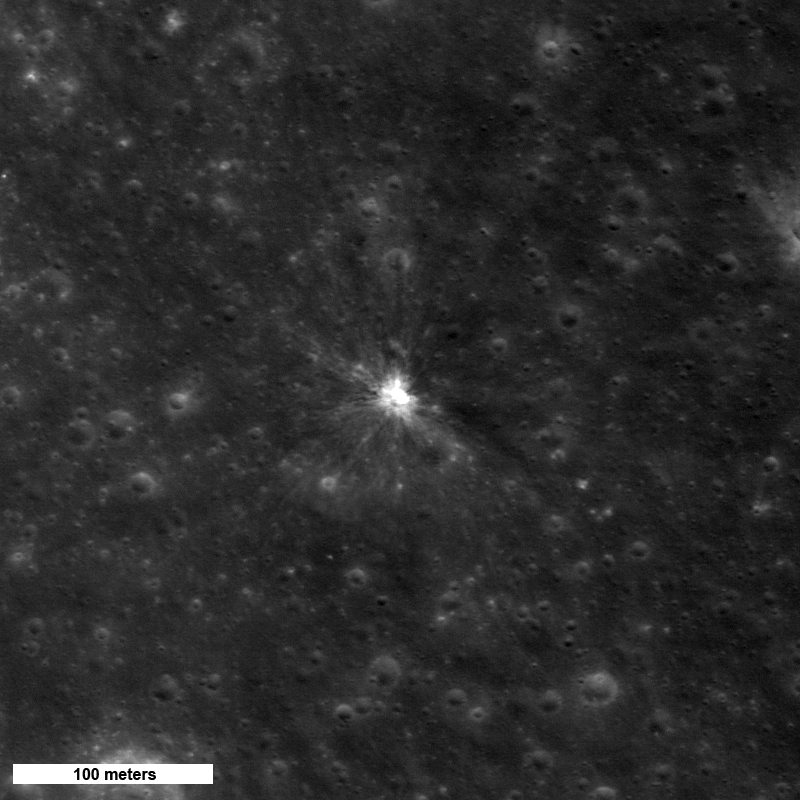
New Impact Crater on the Moon!
New impact crater on the Moon! Since this crater is not visible in images from the Apollo 15 mission, it formed sometime in the last 38 years. The new crater is only ~10 meters (30 feet) across, but its bright ejecta extends much...
Published on 27 Jul 2010
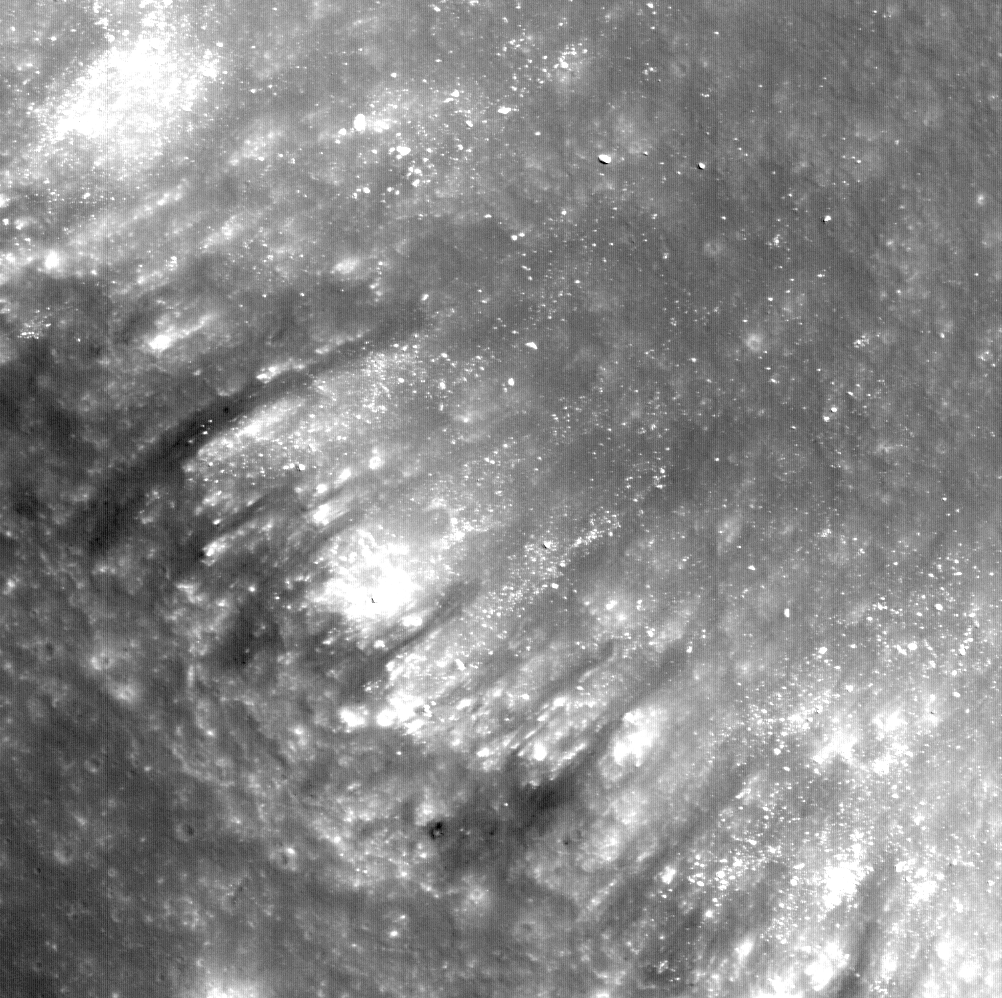
Alphonsus crater mantled floor fracture
LROC NAC closeup of a fracture in the floor of Alphonsus crater. Dark pyroclastic materials are intermixed with lighter rocks and boulders from the fracture walls and all appear to have moved in streamers toward the fracture floor at...
Published on 02 Apr 2010
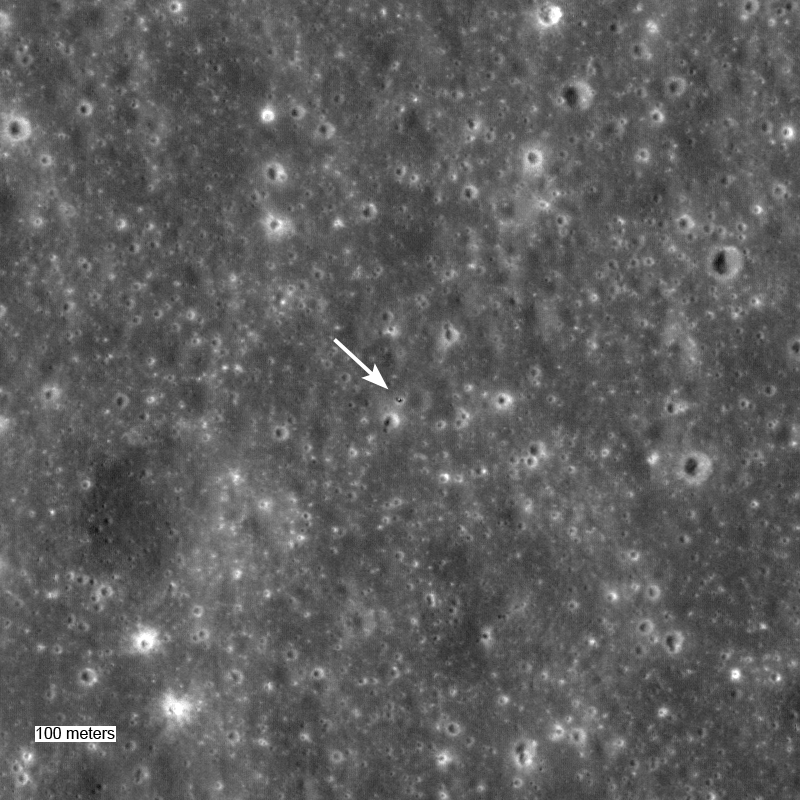
Surveyor 5: A hole-in-one
Surveyor 5 sitting in a 10 meter diameter crater, LROC NAC image M106726943LE, width ~960 meters [NASA/GSFC/Arizona State University].
Published on 21 Mar 2010
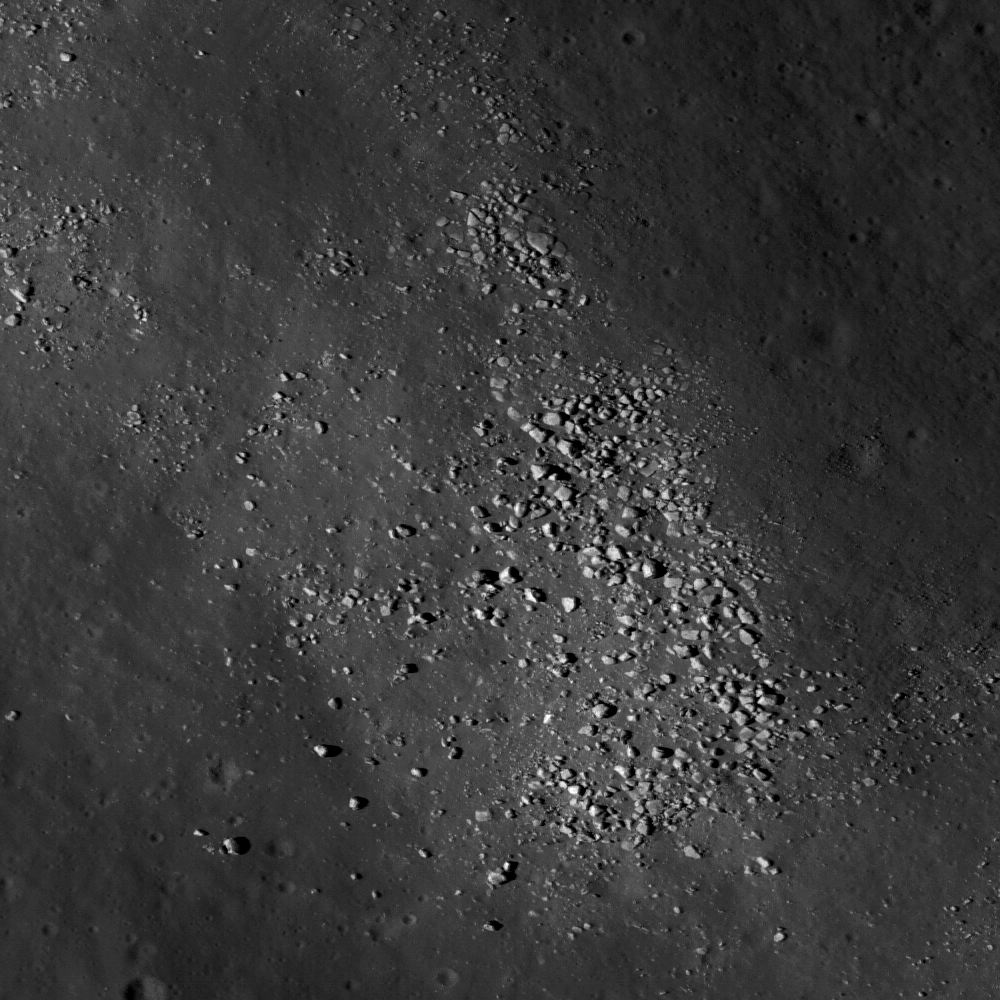
Crisium's Constellation Region of Interest
Boulders on a wrinkle ridge in Mare Crisium may help us understand the geology of this Constellation region of interest. The scene is 460 meters across; image number M119469420LE [NASA/GSFC/Arizona State University].
Published on 11 Mar 2010
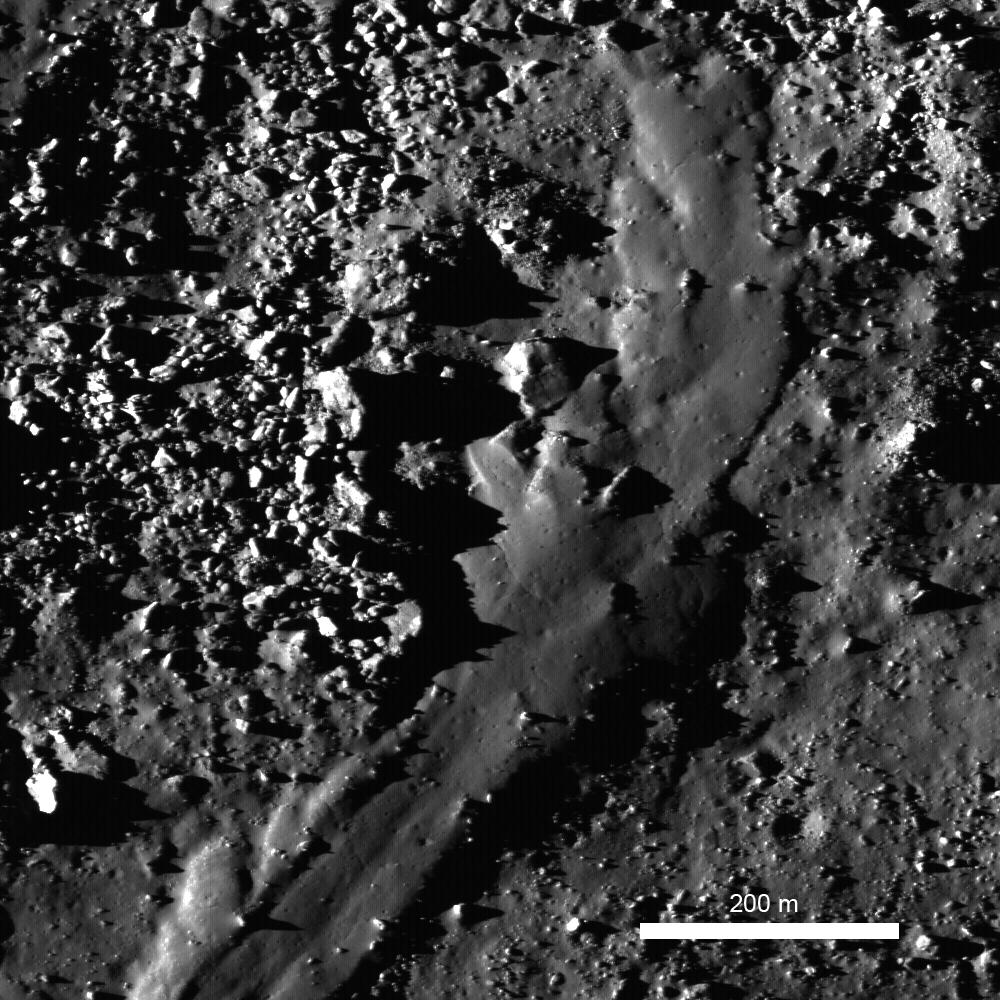
Out of the Shadows: Impact Melt Flow at Byrgius A Crater
Spectacularly preserved viscous flow on the NE rim of Byrgius A (19 km diameter) crater. This flow has a form similar to lava flows on the Earth - however it formed as a result of an asteroid or comet slamming into the Moon at...
Published on 02 Feb 2010
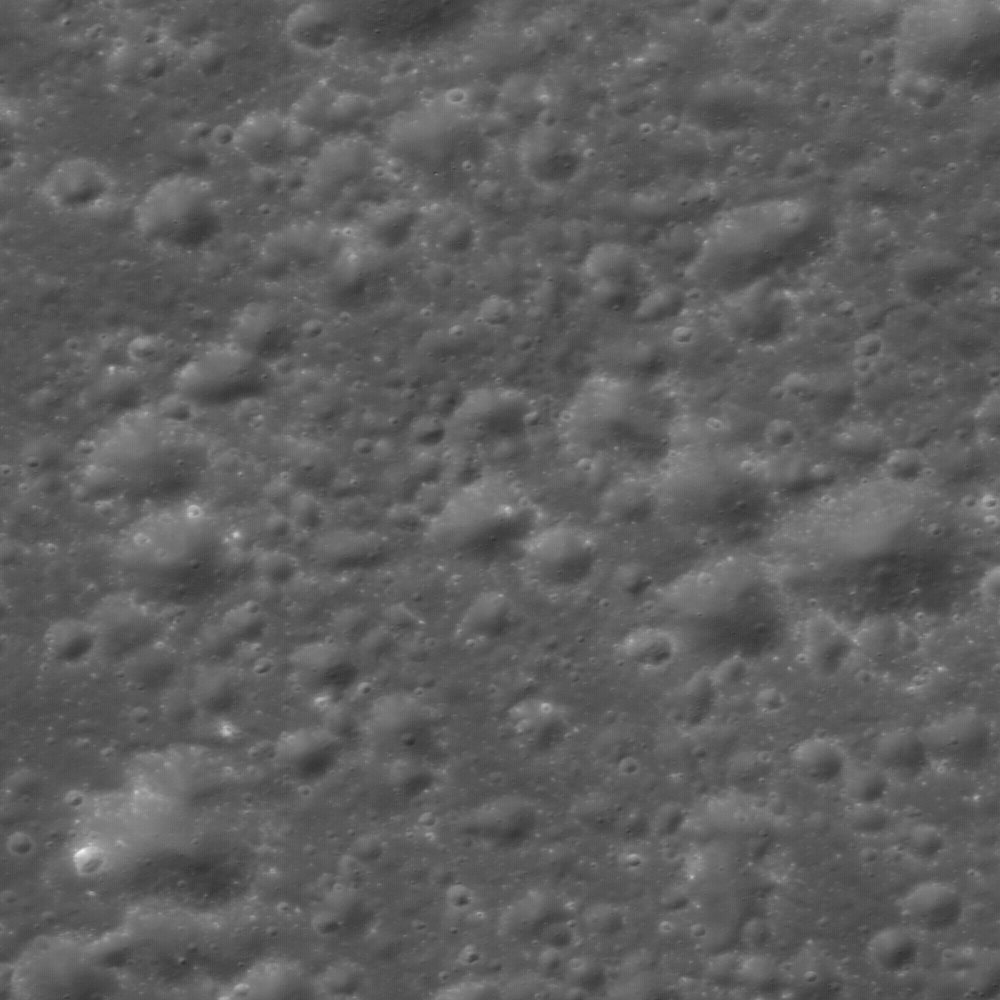
Cluster of farside secondary craters
Cluster of secondary craters help geologists determine the relative ages of features, even when they are separated by great distances. Image width is 630 meters [NASA/GSFC/Arizona State University].
Published on 23 Nov 2009
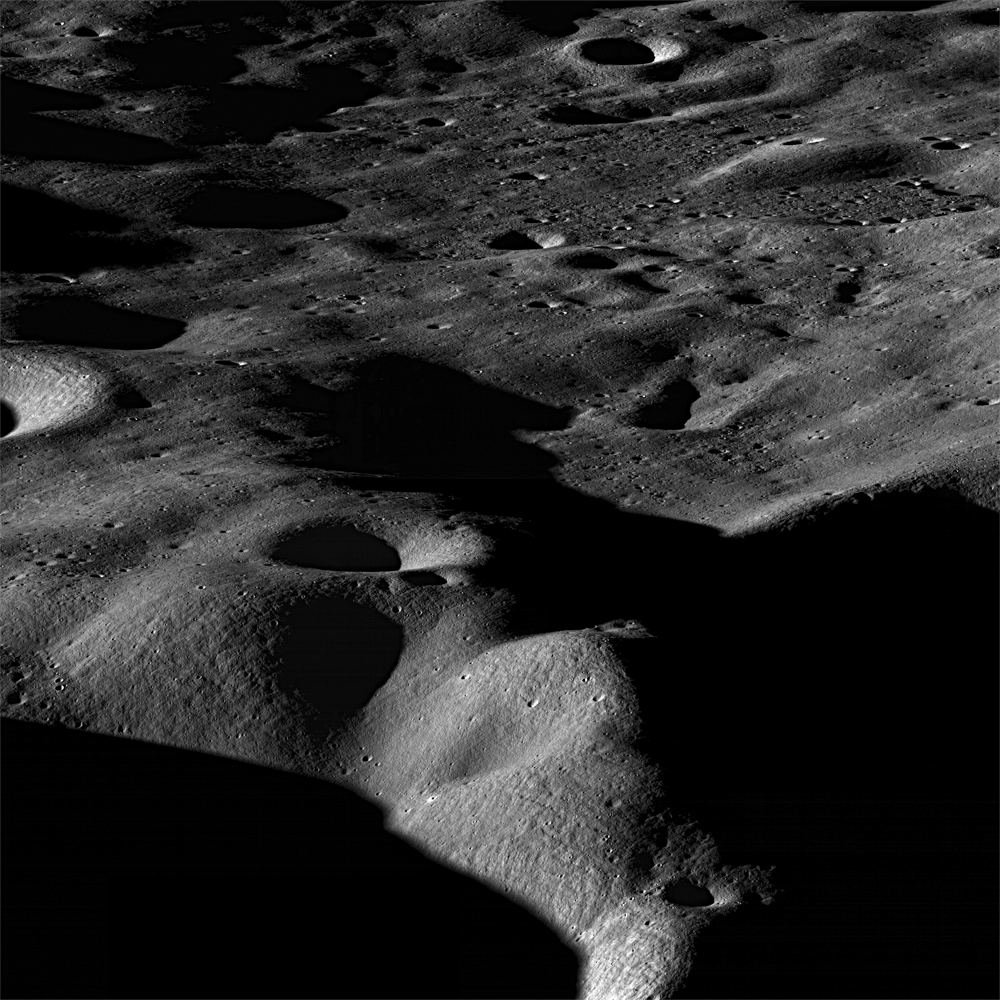
Mountains of the Moon
Most mountains on the Earth are formed as plates collide and the crust buckles. Not so for the Moon, where mountains are formed as a result of impacts. Images taken looking across the landscape rather than straight down really bring out...
Published on 17 Nov 2009

Apollo 14 S-IVB Impact Crater
Crater (center of image) formed by impact of the Apollo 14 Saturn IVB booster. The booster was intentionally impacted into the lunar surface on February 4, 1971 to serve as an energy source to probe the interior structure of the Moon...
Published on 08 Oct 2009